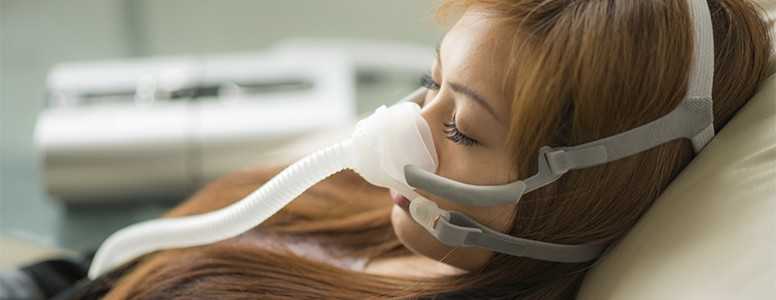Obstructive sleep apnea (OSA) has been shown to increase the risk of sight-threatening diabetic retinopathy in people with type 2 diabetes.
Obstructive sleep apnea was also an independent predictor for progression to diabetic retinopathy, but use of CPAP machines was shown to reduce the development of retinopathy.
Scientists from the University of Birmingham report that further studies are needed to assess how treatment for OSA could affect sight-threatening diabetic retinopathy.
OSA had been linked to diabetic retinopathy in studies prior to this one, but there had been no findings assessing how OSA impacted retinopathy progression in people with type 2 diabetes.
Scientists followed 230 patients with type 2 diabetes for this study, excluding those already known to have OSA or any kind of respiratory condition, and tested them for retinopathy and OSA.
Retinopathy prevalence was higher in patients found to have OSA compared to those without OSA, and after an average follow-up period of 43 months, those with OSA were more likely to develop severe retinopathy.
Treatment using CPAP machines, which deliver pressure to prevent blockages of airways during sleep, were shown to lower the risk of advanced retinopathy compared to those who did not use the machine.
Corresponding Author Doctor Abd Tahrani said: “Our findings are important because improved understanding of the pathogenesis of diabetic retinopathy is important in order to identify new treatments.
“Following our research, it is important that clinicians treating patients with type 2 diabetes are aware that their patients who also have OSA are particularly at increased risk of developing advanced retinopathy and, hence, appropriate preventative measures should be put in place.
“Clinicians should consider testing patients for OSA as OSA is very common in patients with type 2 diabetes.”
The findings were published in the American Journal of Respiratory and Critical Care Medicine.








